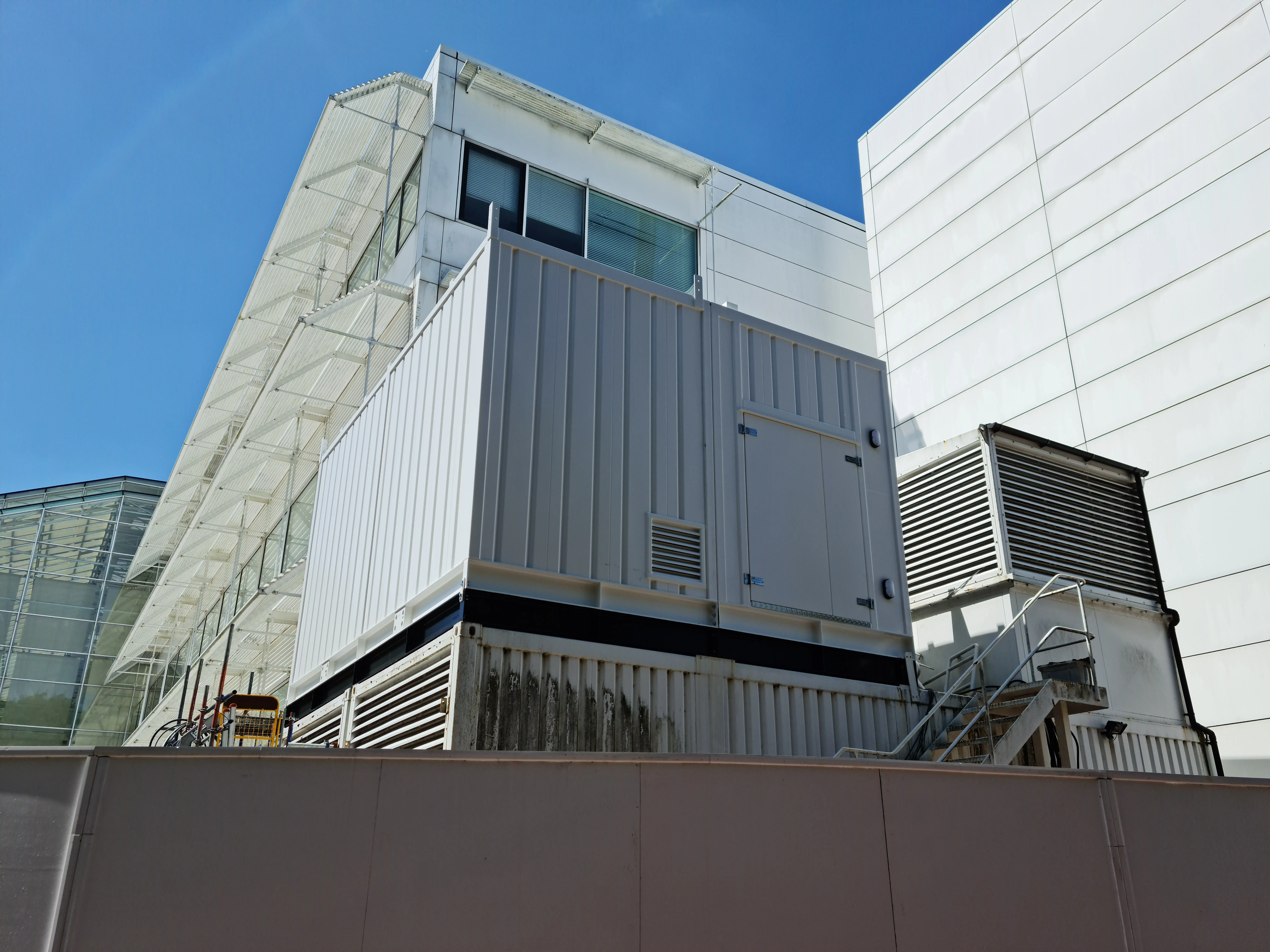The Importance of Investing in Generators and Control Systems For Power Backup
The importance of a backup power system is often underestimated when operations are running smoothly. However, the true value becomes immediately evident during an unexpected power failure, when trading halts, manufacturing stops, and critical services are interrupted. Brief periods of downtime can result in significant financial losses and long-term reputational damage.
In sectors such as retail, outages may lead to product spoilage, empty shelves, and wasted inventory. In hospitals and healthcare facilities, the consequences are far more severe, where an uninterrupted power supply is essential to patient safety and life-critical systems. For any organisation operating from commercial premises, the installation of a reliable backup generator system is not just a precaution; it is a strategic investment in business continuity and resilience.
Backup Power In Case Of Emergency
Industrial backup generators are designed to provide power in the event of a power disruption in the primary (Usually Mains) source of power. When power outages occur, the financial loss can be substantial if businesses are not adequately prepared. In such cases, responsibility typically falls on the business owner or facility manager to ensure proper contingency measures are in place. This includes having a reliable backup power system with some considerations to the specific business needs, the resilience level requirements and the associated maintenance, regularity and costs. Lack of detail in operating philosophy with Cause and Effect during power disruptions could leave the business liable for operational disruptions, financial losses, and any impacts on clients or partners.
A backup generator is equipped with an automated control system to provide backup power in the case of power failures and transfer the electrical load between the primary Mains supply and the alternative generator secondary power supply. This changeover mechanism allows critical systems, such as safety (life safety) infrastructure, manufacturing lines, and/or essential operational equipment, to remain fully functional. As a result, businesses can maintain critical operations during power outages, minimising disruption until mains power is safely restored.
Investment In a Reputable Supplier and Company
As with any specialised equipment, a power generation control system can be a highly sophisticated piece of technology that requires expert knowledge for correct installation and configuration.
It is essential to carry out thorough research and engage a reputable provider with proven experience in implementing backup power solutions tailored to the specific scale and requirements of your organisation.
APE have been a trusted advisor to their client base since 2001, and we provide decades of expertise in design, manufacture and the delivery of bespoke control systems for businesses of all sizes. Our comprehensive service includes not only system design, manufacturing, installation and commissioning, but we also provide ongoing servicing and maintenance contracts to ensure your generator systems remain reliable, fully functional, and protected against technological obsolescence. We provide proactive guidance on the new product features, planned enhancements and resilience measures.
Mitigating Financial Losses During Power Outages
One of the most compelling reasons to install backup generators is to mitigate the financial impact of power outages. Depending on the size of the business, its dependency on electricity, and the nature of its operations, significant financial losses can escalate rapidly with prolonged power disruption. This can be at an elevated rate, particularly for those in highly time-sensitive or energy-dependent sectors. In addition, without a reliable backup power solution, businesses are subject to a range of other factors such as lost productivity, missed sales, and, in sectors handling perishable goods, significant inventory losses.
While many operations would benefit from emergency generation, others may require a combination of emergency generation with uninterruptible power supply (UPS) systems to ensure comprehensive protection. Investing in these solutions is not only vital for operational continuity but also for long-term financial resilience.
Enhancing Emergency Preparedness
Implementing an alternative power system is a clear indicator of robust emergency preparedness and should be a fundamental component of any comprehensive business continuity plan. Ensuring a reliable power supply during unforeseen outages, whether caused by natural disasters, infrastructure failures, or grid disruptions, not only supports uninterrupted operations but also protects critical safety systems.
Investing in backup generators goes beyond simply maintaining electricity during a blackout. It’s about preserving operational continuity, protecting sensitive equipment, and ensuring the stability of essential systems. In the event of a power failure, the responsibility for lost productivity, spoiled goods, and service disruptions typically falls on operations managers, facilities managers, or business owners, making reliable backup power a critical consideration for any business. A considered design approach is essential to understand a business requirement, the criticality of power supplies, and essential and non-essential needs during a power failure. A power solution needs to deliver an alternative, stable power supply efficiently. It is vital that the design identifies immediate needs along with a resilience level, whether it is for a hospital, industrial facility, or commercial office
Improve your power backup systems and find out more about our specialised gensets and state-of-the-art control systems by getting in touch with our experienced team today.
Image Source: Canva
Latest Articles
Subscribe to our blog
You May Also Like
These Related Stories

Why Backup Generators Are Essential For Data Centre Operations

The Critical Importance Of Hospital Backup Generators






No Comments Yet
Let us know what you think